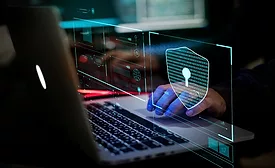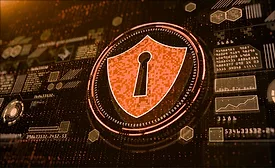Home » ransomware
Articles Tagged with ''ransomware''
What the Kaseya attack can teach local governments about preventing third-party data breaches
Case Study
September 15, 2021
Executives' ransomware concerns are high, yet few are prepared for attacks
Questions leaders can use to measure organization's ransomware preparedness
September 14, 2021
CISA: Examine cybersecurity posture ahead of Labor Day holiday
CISA and FBI urge organizations to remain vigilant to ransomware threats on holidays, including this Labor Day
September 1, 2021
Sign-up to receive top management & result-driven techniques in the industry.
Join over 20,000+ industry leaders who receive our premium content.
SIGN UP TODAY!Copyright ©2026. All Rights Reserved BNP Media.
Design, CMS, Hosting & Web Development :: ePublishing


.webp?height=168&t=1632081700&width=275)








